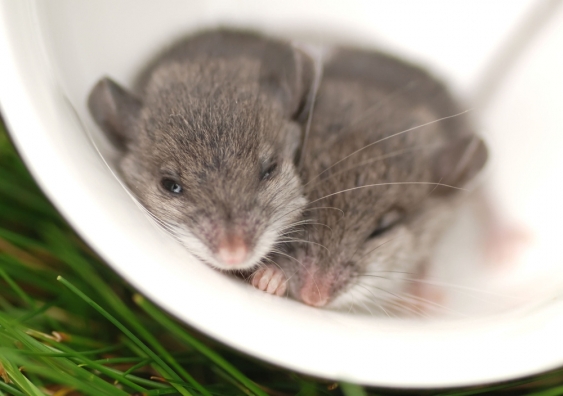
Baby Mice: A Comprehensive Guide to Their Care and Development
Introduction
Baby mice, also known as pups, are adorable and fragile creatures that require specialized care and attention. Understanding their unique needs and developmental stages is crucial for ensuring their well-being and survival. This comprehensive guide will provide a detailed overview of baby mice, including their physical characteristics, nutritional requirements, socialization, and common health concerns.
Physical Characteristics
Baby mice are born hairless and blind, with their ears folded back. They weigh approximately 1-2 grams and are about the size of a small grape. Their skin is translucent, allowing their internal organs to be visible. As they grow, they develop a fine layer of fur and their ears become erect.
Nutritional Requirements
Baby mice are entirely dependent on their mother’s milk for nourishment. Mother mice produce a nutrient-rich milk that contains all the essential vitamins, minerals, and proteins necessary for their pups’ growth and development. If the mother is unable to nurse her pups, it is crucial to provide them with a specialized milk formula designed for baby mice.
Socialization
Baby mice are highly social creatures and require interaction with their littermates and mother for proper development. They engage in play behavior, grooming, and cuddling, which helps them learn social cues and establish bonds. Socialization also helps reduce stress and promotes overall well-being.
Developmental Stages
Baby mice undergo rapid physical and behavioral changes as they grow. Here is a general overview of their developmental stages:
- Neonatal Stage (0-14 days): Pups are born helpless and rely entirely on their mother for food and warmth. They spend most of their time sleeping and nursing.
- Suckling Stage (14-21 days): Pups begin to open their eyes and become more active. They continue to nurse from their mother but may start nibbling on solid food.
- Weaning Stage (21-28 days): Pups are gradually weaned from their mother’s milk and transition to a solid diet. They become more independent and start exploring their surroundings.
- Juvenile Stage (28-42 days): Pups reach sexual maturity and begin to establish their own territories. They become more social and may start breeding.
Common Health Concerns
Baby mice are susceptible to various health concerns, including:
- Hypothermia: Baby mice are unable to regulate their body temperature and can easily become hypothermic. It is essential to provide them with a warm and draft-free environment.
- Malnutrition: Inadequate nutrition can lead to stunted growth, developmental delays, and health problems. Ensure that baby mice have access to a nutritious diet and are nursing regularly.
- Respiratory infections: Baby mice are prone to respiratory infections, especially if they are exposed to cold or drafts. Symptoms include sneezing, coughing, and difficulty breathing.
- Gastrointestinal issues: Diarrhea and constipation can occur in baby mice due to dietary changes or infections. Monitor their stools and consult a veterinarian if necessary.
Care and Handling
Caring for baby mice requires patience, gentleness, and a clean environment. Here are some essential tips:
- Housing: Provide a clean and spacious cage with plenty of bedding and hiding places. Maintain a warm temperature and avoid drafts.
- Feeding: Offer a specialized milk formula for baby mice or allow them to nurse from their mother. Once they are weaned, provide a balanced diet of pellets, seeds, and fresh vegetables.
- Cleaning: Regularly clean the cage and bedding to prevent the accumulation of waste and bacteria.
- Handling: Handle baby mice gently and support their bodies fully. Avoid excessive handling, as it can stress them.
Conclusion
Baby mice are fascinating and delicate creatures that require specialized care and attention. Understanding their physical characteristics, nutritional requirements, socialization, and common health concerns is essential for ensuring their well-being and survival. By providing a nurturing environment, proper nutrition, and regular monitoring, you can help baby mice thrive and reach their full potential.
